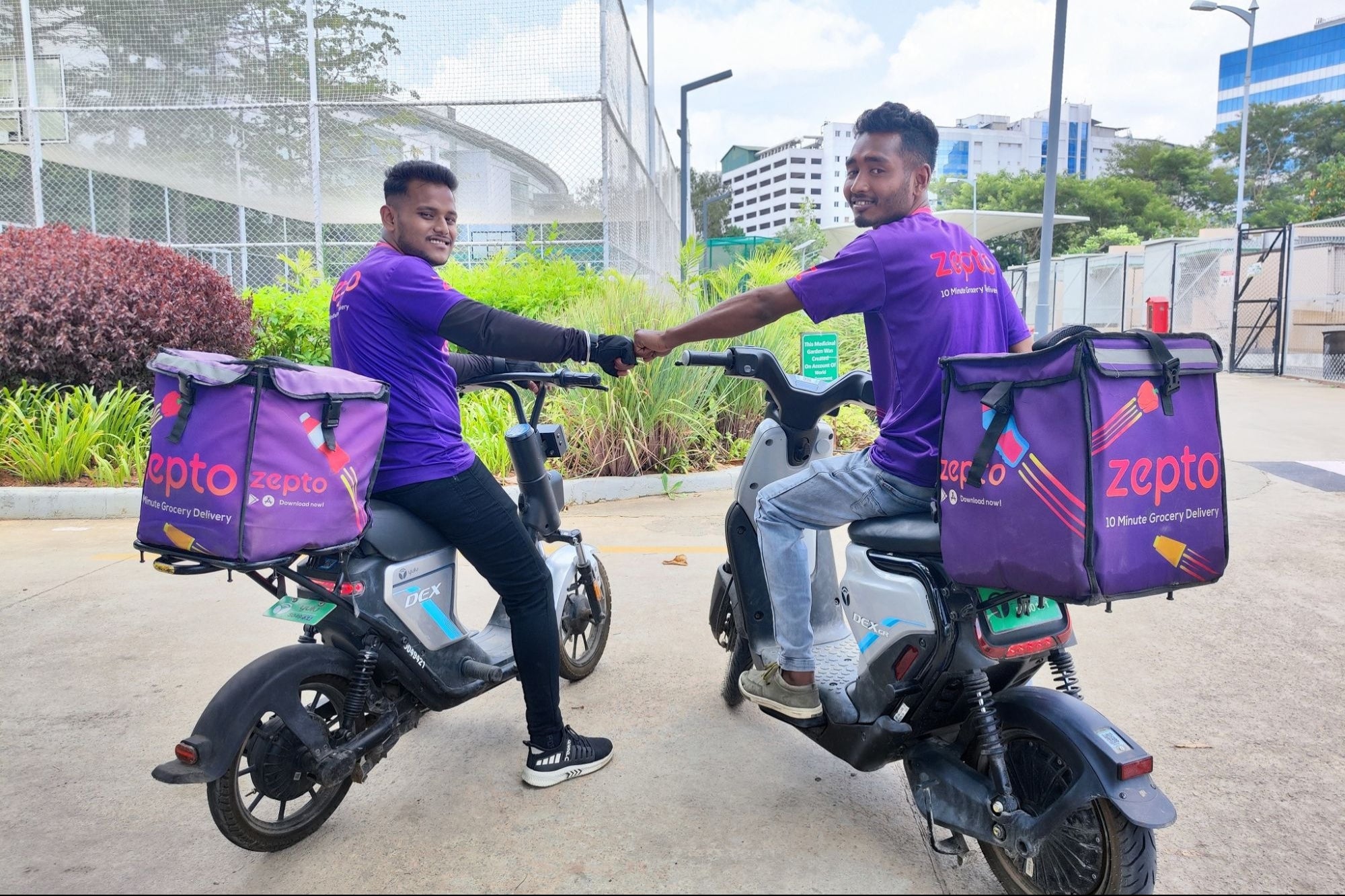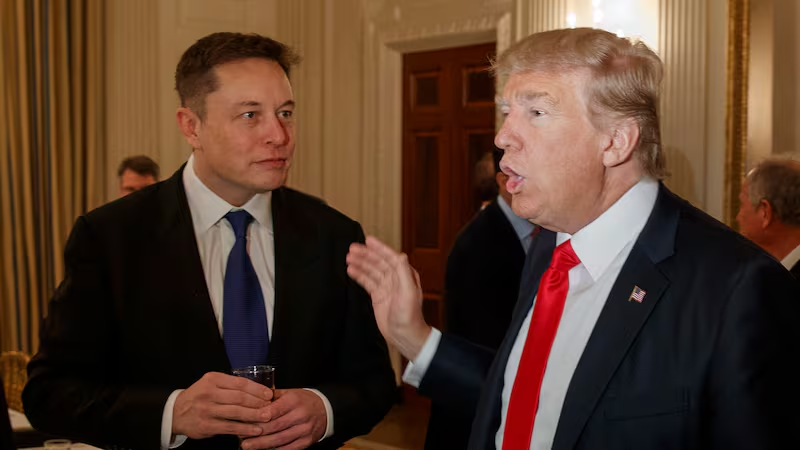Zepto secures $340M funding, boosting valuation to $5B as it competes in India’s quick-commerce sector
General Catalyst and Mars Growth Capital are jointly leading the Series G round, which is expected to be completed within the next few days, according to sources familiar with the matter who spoke with TechCrunch.
According to a term document obtained by TechCrunch, Zepto, which provides a range of products from electronics to groceries in a matter of minutes, is valued at $4.6 billion pre-money, which will increase to approximately $5 billion following the investment.
Zepto has secured nearly $1 billion in new funding this year with the completion of this latest round.
The startup has been experiencing significant growth in recent months as it competes with BlinkIt (owned by Zomato) and Swiggy’s Instamart in India’s rapidly expanding quick-commerce market. This market is beginning to erode the market share of traditional e-commerce titans such as Amazon.
A source with knowledge of the situation informed TechCrunch that Zepto is on course to generate over $1.5 billion in annualized sales. Quickly blink.
According to the quarterly results statement of its parent company, Zomato, it is presently on course to generate approximately $2 billion in annualized sales this year.
Zepto declined to explain.
Small, family-owned businesses that operate corner shops service a significant portion of India’s $1.1 trillion retail market, which is largely unorganized.
Reliance Retail, the nation’s most significant retail chain, is estimated to be worth approximately $100 billion. “Investors are highly motivated to reward new models that demonstrate some degree of success in the Indian retail sector,” stated an investor in the industry, who requested anonymity in an interview with TechCrunch.

Mars Growth’s participation in Zepto’s most recent funding round was initially disclosed by the Economic Times, an Indian news outlet. General Catalyst was previously rumored to be in discussions with Zepto by The Information.
Zepto and other quick-commerce services are popular in urban India, and they can fulfill orders promptly by utilizing a multitude of discrete depots, referred to as “dark stores.”
These facilities can fulfill orders within minutes by strategically situating them within a few miles of high-demand residential and commercial areas.
The robust success of quick-commerce companies in India, a $4 trillion economy, has surprised investors and analysts, as numerous comparable business models have failed in more developed markets such as the United States or Europe.
Earlier this year, Getir discontinued its fast commerce operations in the United States, the United Kingdom, and Europe.
This rapid expansion has also caught some established e-commerce players off guard, with analysts suggesting that companies such as Amazon have been sluggish to adapt to changing consumer habits in India.
According to brokerage firm JM Financial, quick-commerce companies are on course to generate revenue in India from $4.5 billion to $5 billion this year, higher than Amazon India’s $18 billion.
Amazon has been conducting business in India for approximately a decade and has allocated over $7 billion to its e-commerce operations.
According to market analysts, Amazon has not been sufficiently strategic in India.
Rahul Malhotra, a Bernstein analyst, stated to TechCrunch earlier this month that the management team of Amazon has been outperformed by the founders of various companies, including Deepinder (Zomato), Aadit (Zepto), Vidit (Meesho), and the Flipkart team.
Flipkart has recently introduced its quick-commerce service in select areas of Bangalore.
By March 2025, Zepto intends to increase its network of underground stores to more than 700. In June, the startup, backed by Nexus, Lightspeed, Avra, and StepStone, announced its revenue had increased by 140% from the previous year.
It stated then that it collaborates with over 50,000 delivery partners and is incorporating over 5,000 new delivery partners every month.
Zepto reported in June that approximately 75% of its dark stores were EBITDA-positive as of May. At that time, the startup announced that a dark store that had previously required 23 months to achieve profitability now achieves that milestone in six months due to enhanced efficiency and scale.
Zepto presently operates in major Indian cities and intends to expand to a few smaller towns shortly.
Goldman Sachs estimates that the total addressable market for quick-commerce companies in the top 40-50 Indian cities is approximately $150 billion in the grocery and non-grocery categories.


